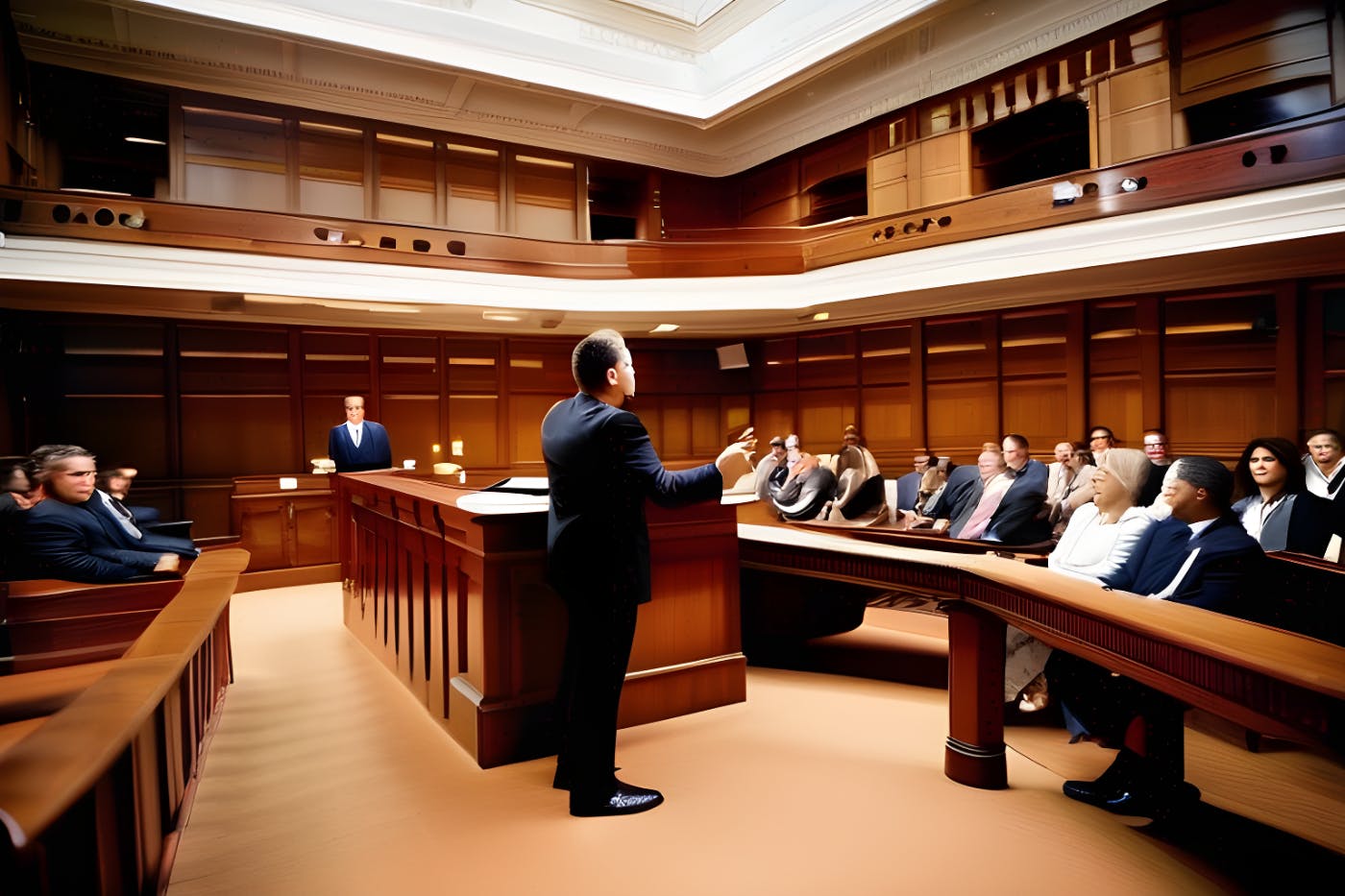eBay's Top Hierarchy Charged by U.S. Attorney for Corporate Misconduct
by
January 17th, 2024
Audio Presented by

Legal PDFs of important tech court cases are far too inaccessible for the average reader... until now.
About Author
Legal PDFs of important tech court cases are far too inaccessible for the average reader... until now.
